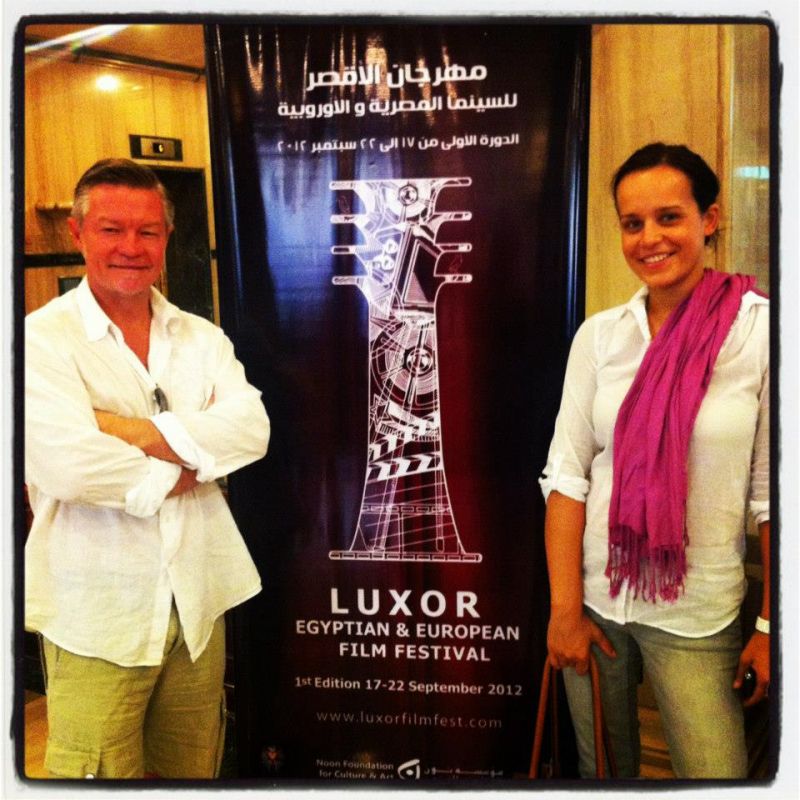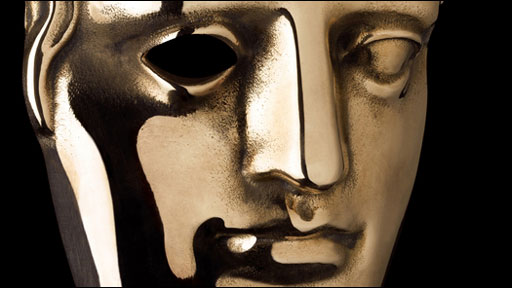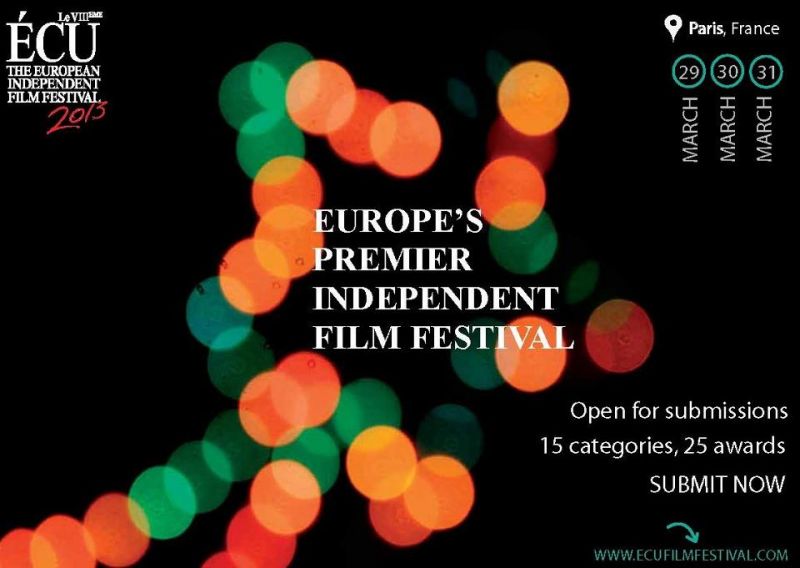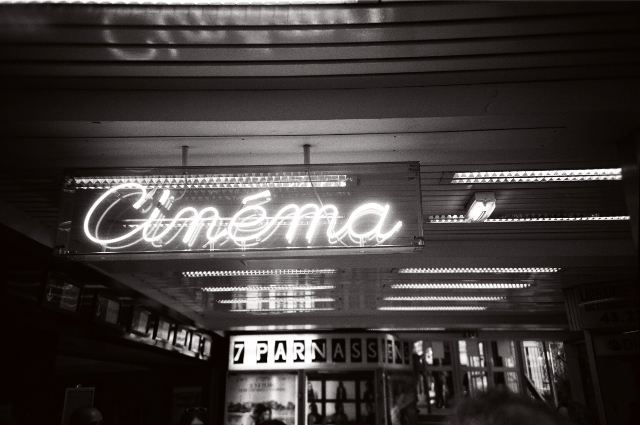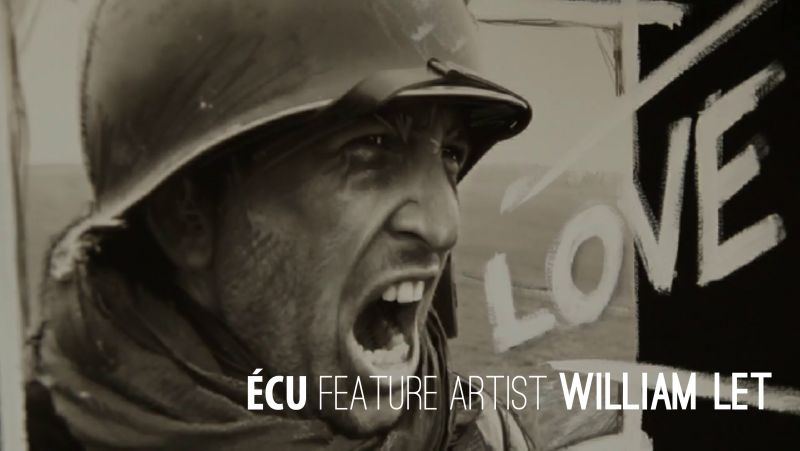|
|
||
|
Pro Tools
FILMFESTIVALS | 24/7 world wide coverageWelcome ! Enjoy the best of both worlds: Film & Festival News, exploring the best of the film festivals community. Launched in 1995, relentlessly connecting films to festivals, documenting and promoting festivals worldwide. Working on an upgrade soon. For collaboration, editorial contributions, or publicity, please send us an email here. User login |
Our Paris Series Part II: La Nouvelle VagueBy Sophie Nellis
Belmondo and Seberg
The French New Wave – known as la nouvelle vague– was a celebration of youth, Paris and, above all, cinema. Many people don’t know that the term nouvelle vague was first used in 1957 to describe the new generation of French youth, emancipated 18 to 30 year olds who were free-thinking and keen to throw off the legacy of the Second World War. It was only following the success of François Truffaut’s Les Quatre Cent Coups and Alain Resnais’ Hiroshima Mon Amour at the 1959 Cannes Film Festival that the term began to be applied to cinema. So what was so new about the New Wave? The young filmmakers leading the movement, Truffaut, Jean-Luc Godard, Claude Chabrol, Jacques Rivette and Eric Rohmer, made their films on a shoe string, preferring to shoot in the streets than in studios. They embraced new technology, such as hand-held cameras and mobile microphones, and often worked with non-professional actors. Improvisation was encouraged and when it came to editing, they happily ignored traditional practices. The low-budget, youthful and innovative films were attacked by critics for being slapdash, unprofessional and imperfect. À bout de souffle (1960) is probably the best-loved of New Wave films. It tells the story of Michel Poiccard (Jean-Paul Belmondo), a petty criminal on the run from the police, and his lover, an American student named Patricia (Jean Seberg). Sitting in cafés or strolling down boulevards, the young couple are enthralled by the glamour and confusion of 1960s Paris. Just as Hollywood movies had exposed New York to cinema audiences around the world, it was through New Wave films that the world came to know the sights and sounds of Paris. The legacy of New Wave representations of the city, whether it be the glamour of the Champs Elysées in À bout de souffle or the back streets of Montmartre in Les Quatre Cents Coups, continues to influence our impressions of Paris. The New Wave changed the way films were made, produced and watched. Thanks to directors like Godard and Truffaut, cinema became an art form and filmmakers artists.
Top 5 New Wave films: Quatre cent coups (1959) François Truffaut Hiroshima Mon Amour (1959) Alain Resnais À bout de souffle (1960) Jean-Luc Godard Cléo de 5 à 7 (1962) Agnès Varda Jules et Jim (1962) François Truffaut
27.10.2009 | ÉCU-The European Independent Film Festival's blog Cat. : Agnès Varda Alain Resnais Alain Resnais Belmondo Breathless Cinema of France Claude Chabrol Claude Chabrol ECU Entertainment Entertainment Eric Rohmer european film Films Film_Festival François Truffaut François Truffaut French New Wave Hiroshima Hiroshima mon amour Human Interest Human Interest independent Jacques Rivette Jean Seberg Jean-Luc Godard Jean-Luc Godard Jean-Paul Belmondo Jean-Paul Belmondo Michel Poiccard new new wave New York nouvelle nouvelle vague Nouvelle Vague paris Paris Patricia Quatre Cent Coups Seberg Technology Technology the 1959 Cannes Film Festival The 400 Blows vague wave FILM
|
LinksThe Bulletin Board > The Bulletin Board Blog Following News Interview with EFM (Berlin) Director
Interview with IFTA Chairman (AFM)
Interview with Cannes Marche du Film Director
Filmfestivals.com dailies live coverage from > Live from India
Useful links for the indies: > Big files transfer
+ SUBSCRIBE to the weekly Newsletter Deals+ Special offers and discounts from filmfestivals.com Selected fun offers
> Bonus Casino
User imagesAbout ÉCU-The European Independent Film Festival Hillier Scott Hillier Scott (ECU)
Scott Hillier, Founder and President of ÉCU - The European Independent Film Festival
Scott Hillier is a director, cinematographer, and screenwriter, based in Paris, France. In the last 20 years, Hillier has gained international recognition from his strong and incredible cinematography, editing, writing, producing and directing portfolio in both the television and film industries.
Scott began his career in the television industry in Australia. In 1988, he moved to London getting a job with the BBC who then set him to Baghdad. This opportunity led him to 10 years of traveling around world for the BBC, mainly in war zones like Somalia, Bosnia, Tchetcheynia, Kashmir, and Lebanon. After a near fatal encounter with a Russian bomber in Tchechnyia, Hillier gave up his war coverage and began in a new direction.
He moved to New York City in 1998. He directed and photographed eight one-hour documentaries for National Geographic and The Discovery Channel. Based on his war knowledge and experience, Hillier wrote and directed a short film titled, “Behind the Eyes of War!" The film was awarded “Best Short Dramatic Film” at the New York Independent Film and TV Festival in 1999. From that he served as Supervising Producer and Director for the critically acclaimed CBS 42 part reality series, "The Bravest” in 2002 and wrote and directed a stage play called, "Deadman’s Mai l," which ran at Le Théâtre du Moulin de la Galette in Paris during the summer of 2004. He then became the Director of Photography on a documentary titled, “Twin Towers." This was yet another life changing experience for Hillier. The riveting documentary won an Academy Award for "Best Documentary Short Subject" in 2003. In 2004, Hillier changed continents again, spending three months in Ethiopia. He produced “Worlds Apart,” a pilot for ABC America / True Entertainment / Endemol. As you can see, Hillier was and is always in constant movement and enjoys working in a number of diverse creative areas including documentaries, music videos, commercials, feature and short films.
Scott studied film at New York University and The London Film and Television School. He also studied literary non-fiction writing at Columbia University. Hillier's regular clients include the BBC, Microsoft, ABC, PBS and National Geographic. Between filming assignments, he used to teach film, a Masters Degree course in Screenwriting at the Eicar International Film School in Paris, France and journalism at the Formation des Journalistes Français in Paris, France.
View my profile Send me a message The EditorUser contributionsUser links |




















